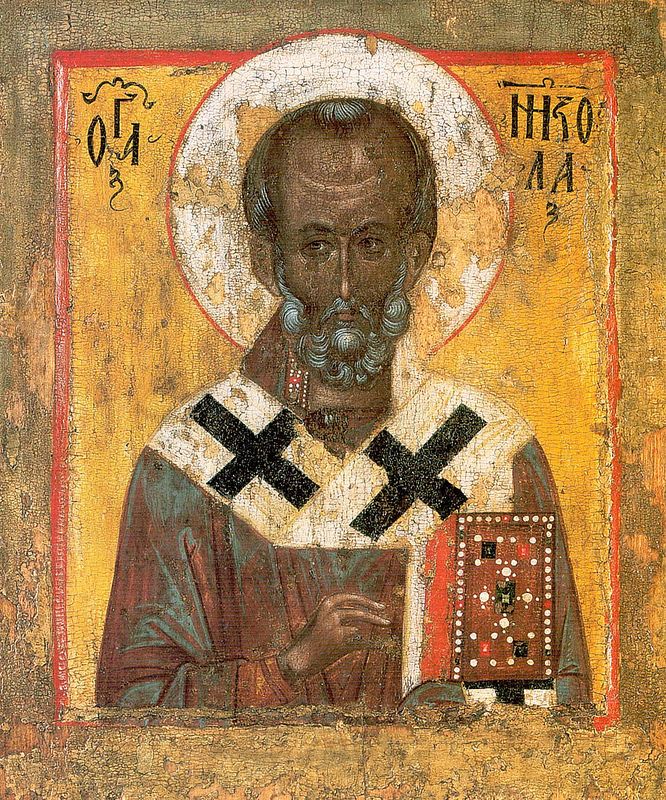
There are those who think Augustine was the most brilliant thinker of the Christian Church. He was at least imaginative, creating a lot of doctrines that have misdirected the Western Church for centuries. Allow me to explain just a few.
The Trinity
Before Augustine wrote his book on the Trinity in the early 5th century, the Church had already formulated their statement on the Trinity, set forth in the Nicene-Constantinopolitan Creed, which stated simply that the Holy Spirit “proceeds from the Father and who with the Father and the Son is adored and glorified,” as Jesus had told his disciples (“I will ask my Father and he will send you another comforter”). Augustine figured as Jesus and the Father were as one, that is, co-equal, the Holy Spirit should proceed from both the Father and the Son, making the HS a touch lower in stature than the Father and Jesus. This language eventually found its way into the Western version of the Creed, which in large part caused the Great Schism between the Eastern and Western branches of the Church. It may seem to be a silly little thing, but it is not, as it deals with the nature of God, and is still a point of contention today.
Original Sin
So, original sin was another invention of Augustine. Because sin entered the world through Adam, Augustine concluded that sin had become more or less genetic, being passed down from generation to generation through sex. Another way of looking at it is that original sin was the first STD. Sex, therefore, was evil because it spread sin (but God made allowances for sex in marriage otherwise there’d be no children). So, all children are born sinful, carrying not only Adam’s sin but full-on guilt as well.
Justice and Wrath and Death, oh my…
Because of this original sin, it is by “divine justice” that all humanity was handed over to the power of Satan. It is through God’s wrath that we are all subjects to the kingdom of Satan, who also has control over death, the punishment for sin.
Grace and Predestination
Augustine defined grace as “unmerited favor,” which was necessary for the forgiveness of both original and subsequent sin, and deliverance from the power of Satan. This grace was acquired through baptism and communion; however, this was not a guarantee of salvation. Whether or not you were saved depended on God’s choice alone regardless of one’s own desire to be saved. This, as it so happens, was also a belief of the Manicheans (a philosophy that Augustine had held prior to becoming Christian).
In Closing
Of course, everything is far more complicated than I have set forth here as Augustine discusses the balance of power between Satan and God and why Jesus had to die. His thinking laid much of the groundwork for the doctrine of Penal Substitutionary Atonement, and so on. As I have said above, all of this thinking started in the 5th / 6th Century–that is, nearly 500 years after Jesus lived, and does not reflect the thinking of the earlier church, or of the Eastern church today.
Augustine’s thinking changed two major things: One is how we view God. Is God subject to his own justice, or is he primarily a God of love? The second is how we view man, as either innately evil and subject to God’s wrath, or created in God’s image with a destiny to become Christlike. These, to me, are major direction changes to Christianity, and by the time we get to Calvinism, we have what is in essence an entirely new religion.

